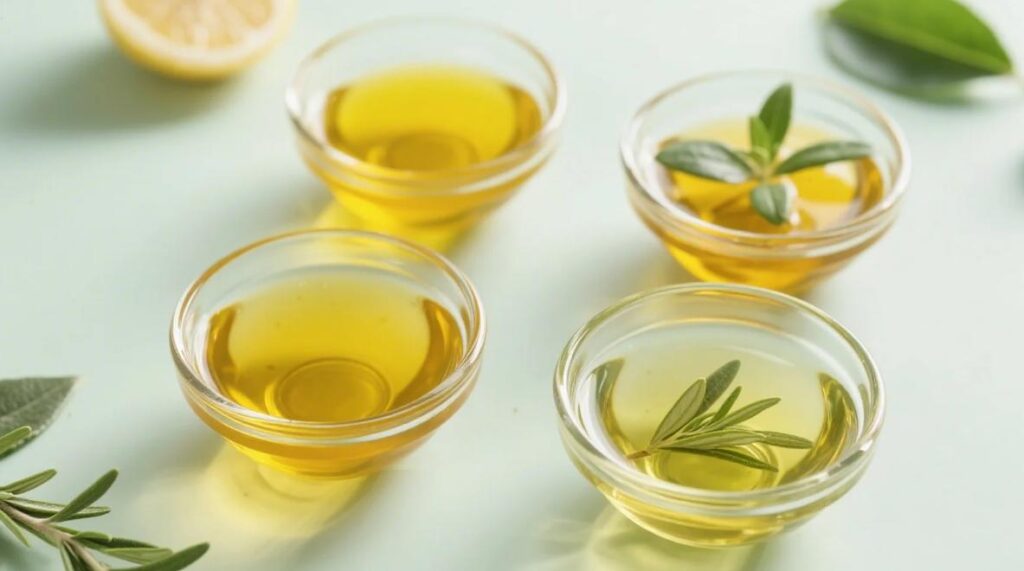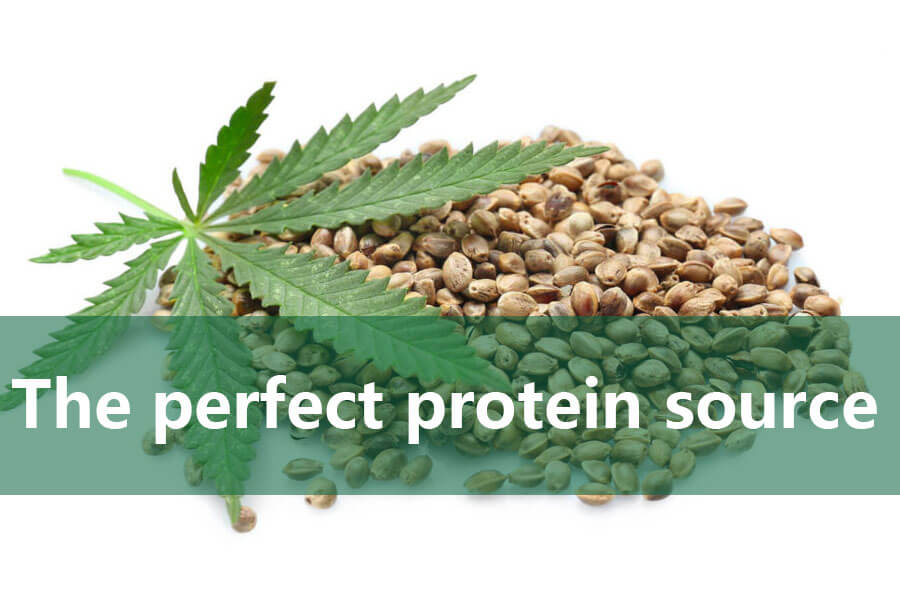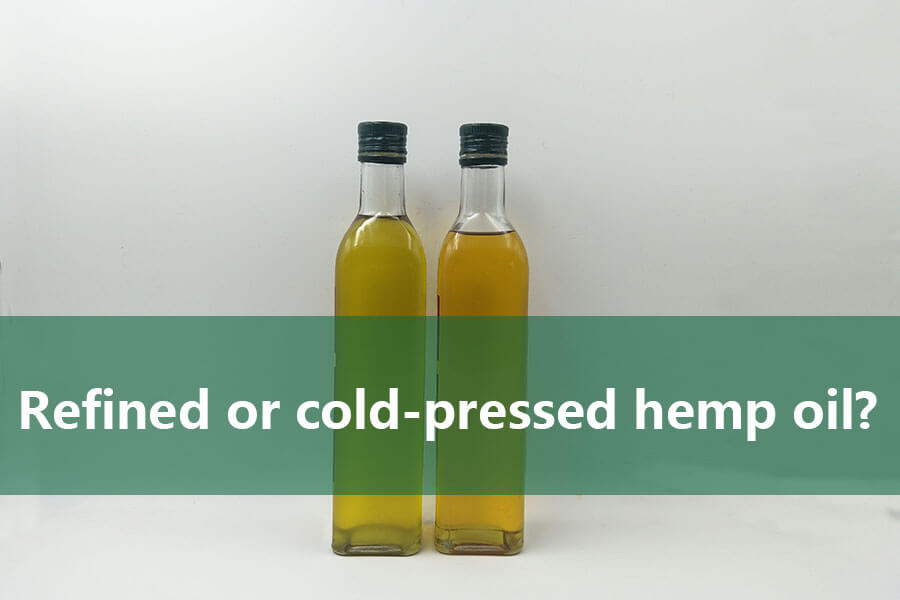In the quest for healthier, planet-friendly cooking oils, organic hemp seed oil stands apart as a nutrient-dense, eco-conscious superstar. While oils like olive oil, coconut oil, and avocado oil dominate kitchens, hemp seed oil offers unparalleled benefits that redefine what a “healthy oil” truly means. Let’s explore how this cold-pressed green gold compares to common cooking oils—and why it deserves a prime spot in your pantry.

Hemp Seed Oil vs. Popular Cooking Oils: A Nutritional Face-Off
| Feature | Organic Hemp Seed Oil | Olive Oil | Coconut Oil | Sunflower Oil | Avocado Oil |
|---|---|---|---|---|---|
| Omega-3 Content | ✅ High (2.5g/tbsp) | ❌ Trace | ❌ None | ❌ None | ❌ Trace |
| Omega-3:6 Ratio | ✅ 1:3 (Ideal Balance) | ❌ 1:13 (High Omega-6) | ❌ 1:60 (Skewed Omega-6) | ❌ 1:120 (Pro-Inflammatory) | 🟡 1:15 (Moderate) |
| Smoke Point | ✅ 330°F/165°C (Low-heat/raw) | ✅ 410°F/210°C | ✅ 350°F/177°C | ✅ 450°F/232°C | ✅ 520°F/271°C |
| Antioxidants | ✅ Vitamin E, Chlorophyll | ✅ Polyphenols | ❌ Minimal | ❌ Low (refined) | ✅ Vitamin E |
| Key Benefits | Anti-inflammatory, hormonal balance | Heart health | Quick energy, MCTs | Budget-friendly | High-heat cooking |
| Sustainability | ✅ Carbon-negative crop | 🟡 Moderate water use | ❌ Deforestation risks | 🟡 High pesticide use | 🟡 Water-intensive |
Why Hemp Seed Oil Outshines the Competition
1. Unmatched Omega-3 Power
Hemp seed oil boasts a 1:3 omega-3 to omega-6 ratio, the closest to the ideal 1:4 ratio recommended by nutritionists. This balance fights inflammation, supports brain health, and reduces heart disease risk. In contrast, most cooking oils (like sunflower or coconut oil) are overloaded with omega-6, which can trigger inflammation when consumed excessively.
2. Nutrient Density Beyond Compare
Packed with vitamin E, chlorophyll, and gamma-linolenic acid (GLA), hemp oil offers unique benefits:
- GLA: Soothes hormonal imbalances, PMS, and skin conditions like eczema.
- Chlorophyll: Detoxifies the liver and boosts energy.
- Vitamin E: Protects cells from oxidative damage better than olive or avocado oil.
3. Cold-Use Versatility
While hemp oil isn’t ideal for high-heat cooking (use avocado or olive oil instead), it shines in:
- Salads & Dressings: Nutty, earthy flavor elevates greens and grains.
- Smoothies: Adds omega-3s without overpowering taste.
- Dips & Spreads: Mix into hummus, pesto, or nut butter.
4. Eco-Friendly Champion
Hemp grows in 4 months, requires 90% less water than almonds, and regenerates soil by absorbing CO2 and heavy metals. Coconut and palm oil production often drives deforestation, while sunflower and soybean farming rely on pesticides.
The Downsides of Common Oils
- Olive Oil: High in omega-6 when overused; low smoke point for frying.
- Coconut Oil: High in saturated fats; linked to deforestation.
- Sunflower Oil: Refined versions lack nutrients; pro-inflammatory omega-6 ratio.
- Avocado Oil: Expensive; water-intensive farming.
How to Use Hemp Seed Oil Daily
- Immunity-Boosting Shot: Mix 1 tsp with lemon juice and ginger.
- Omega-Rich Pesto: Blend with basil, garlic, and hemp seeds.
- Skin & Hair Mask: Apply directly or mix with honey for hydration.
- Post-Workout Recovery: Drizzle over roasted sweet potatoes or quinoa.
Certifications That Matter
✅ USDA Organic | ✅ Non-GMO Project Verified
✅ Vegan & Cruelty-Free | ✅ Carbon-Neutral Packaging
FAQ: Quick Answers
Q: Can I cook with hemp seed oil?
A: Yes, but only for low-heat methods like light sautéing or baking below 330°F. Use avocado oil for frying.
Q: Does it taste like cannabis?
A: No! It has a mild, nutty flavor similar to sunflower seeds.
Q: Is it safe for kids?
A: Absolutely—its omega-3s support brain development.
Q: How to store it?
A: Keep refrigerated to prevent rancidity; lasts up to 12 months.


